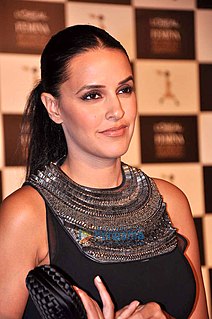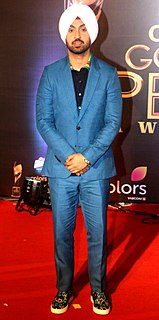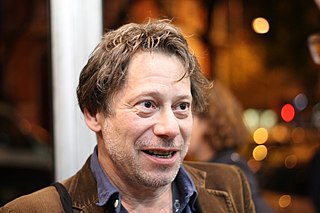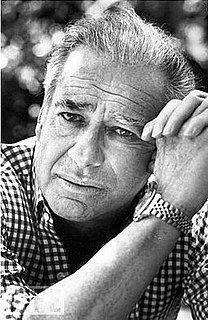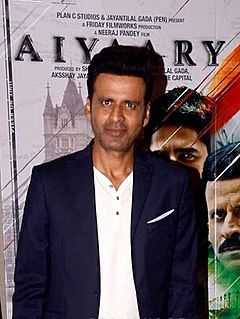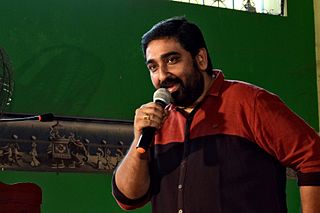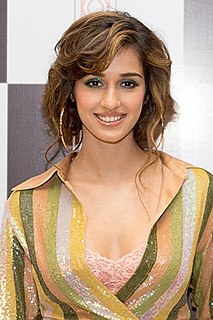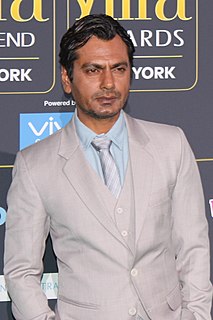A Quote by Neha Dhupia
Having anything to do with a hit film is great. Even if you're a third assistant to the director or second to the editor, if the film does well, every technician, every actor benefits from it.
Related Quotes
In Hong Kong, in our generation that started out in the 1970s, being a director wasn't a big deal. We didn't even have director's chairs. We weren't particularly well paid. The social standing of a film director wasn't that high. It was a sort of a plebeian job, a second or third grade one. And the studio heads are always practical, there's never any fawning because someone is a director. There's very little snobbery about one's position as a director. The only ones people treated differently were those that were also stars; or the directors who also owned their companies.
Every film I've ever worked on, and that includes 'Braveheart' and 'Trainspotting,' I've always witnessed a director having a breakdown. Every director will have a day, without exception, where they just can't do it anymore, they don't know what to say to their cameraman, their cast. It's the sign of real, physical exhaustion.
